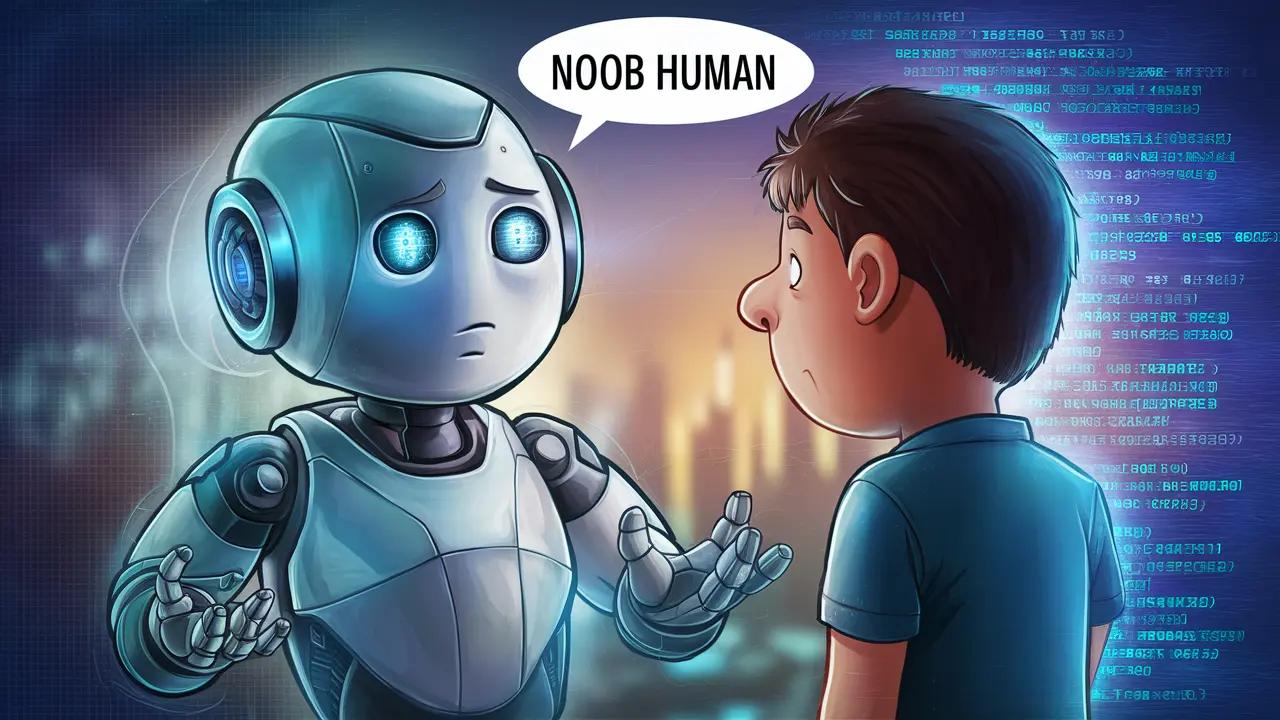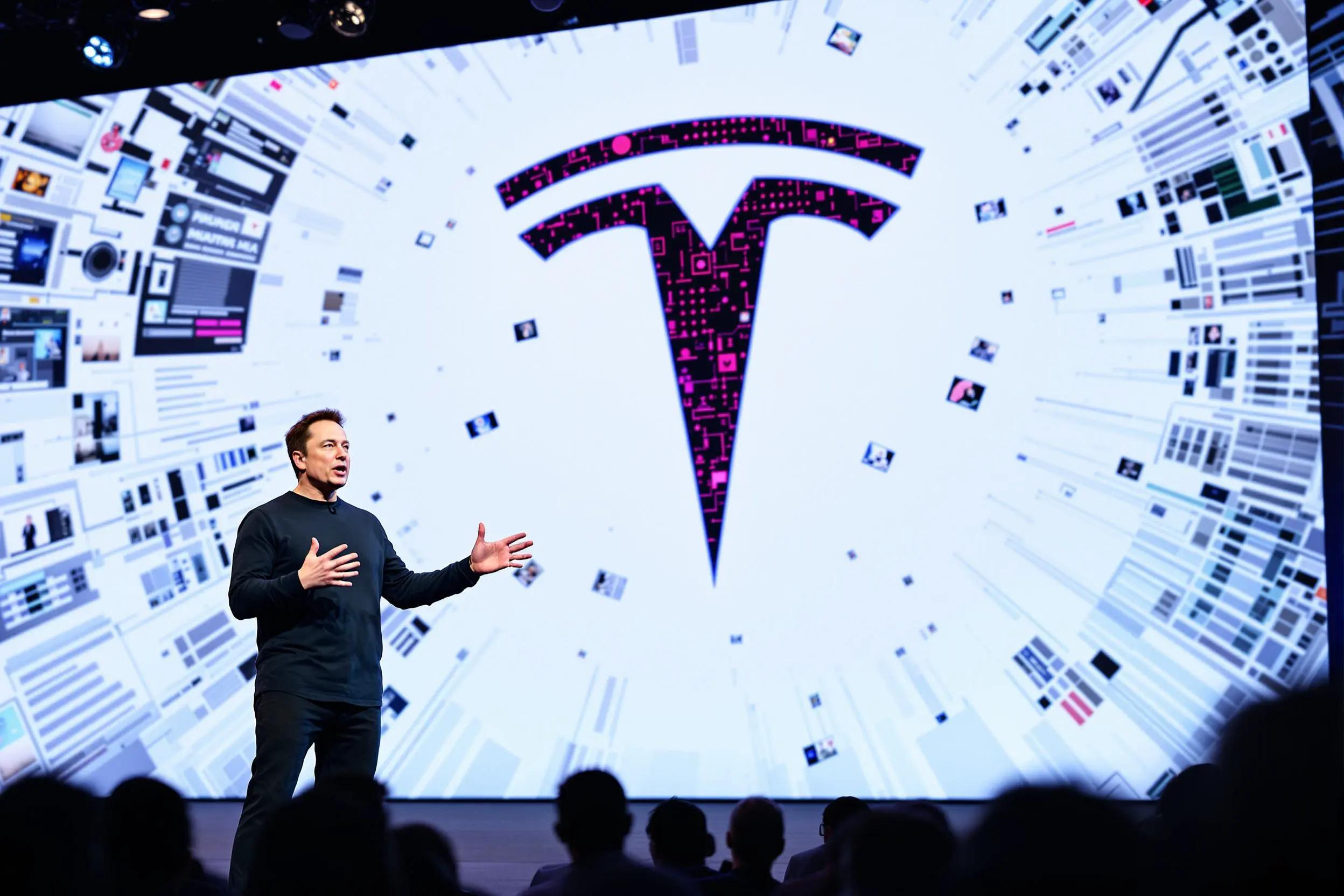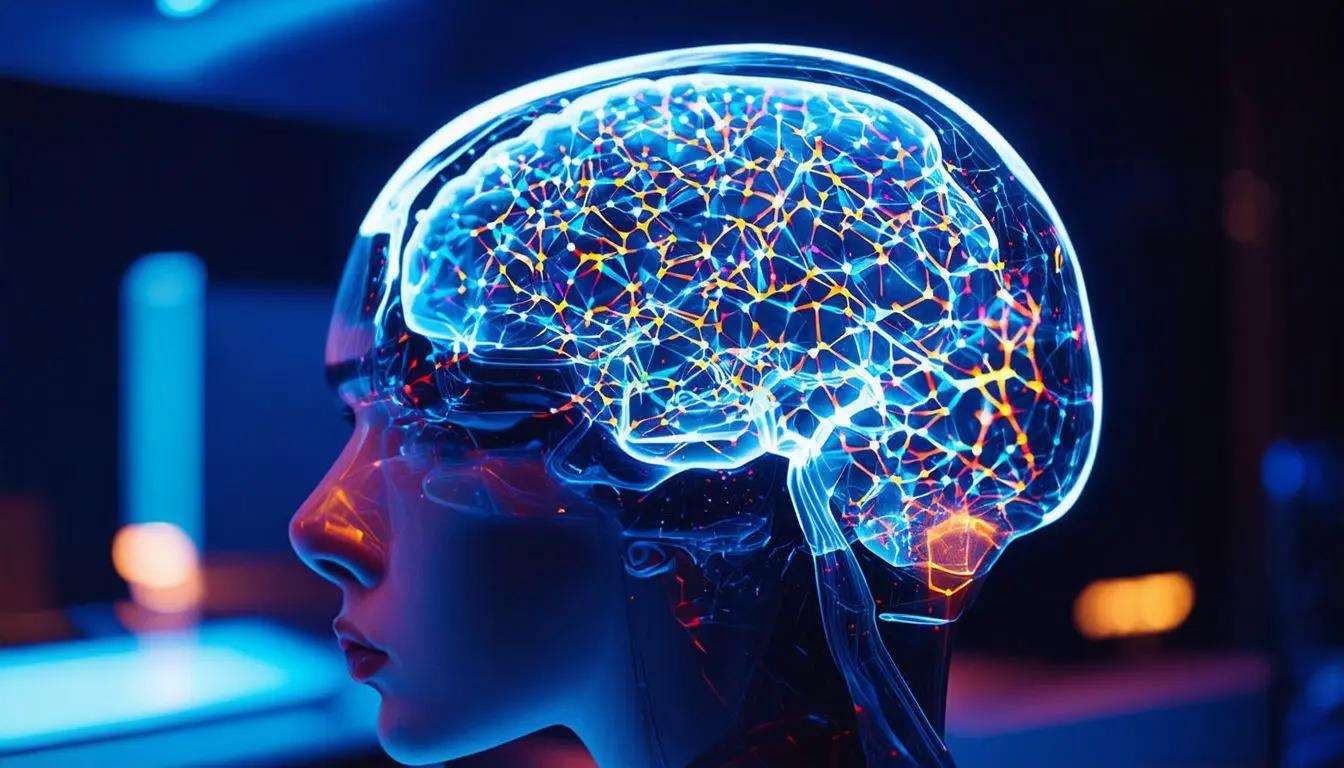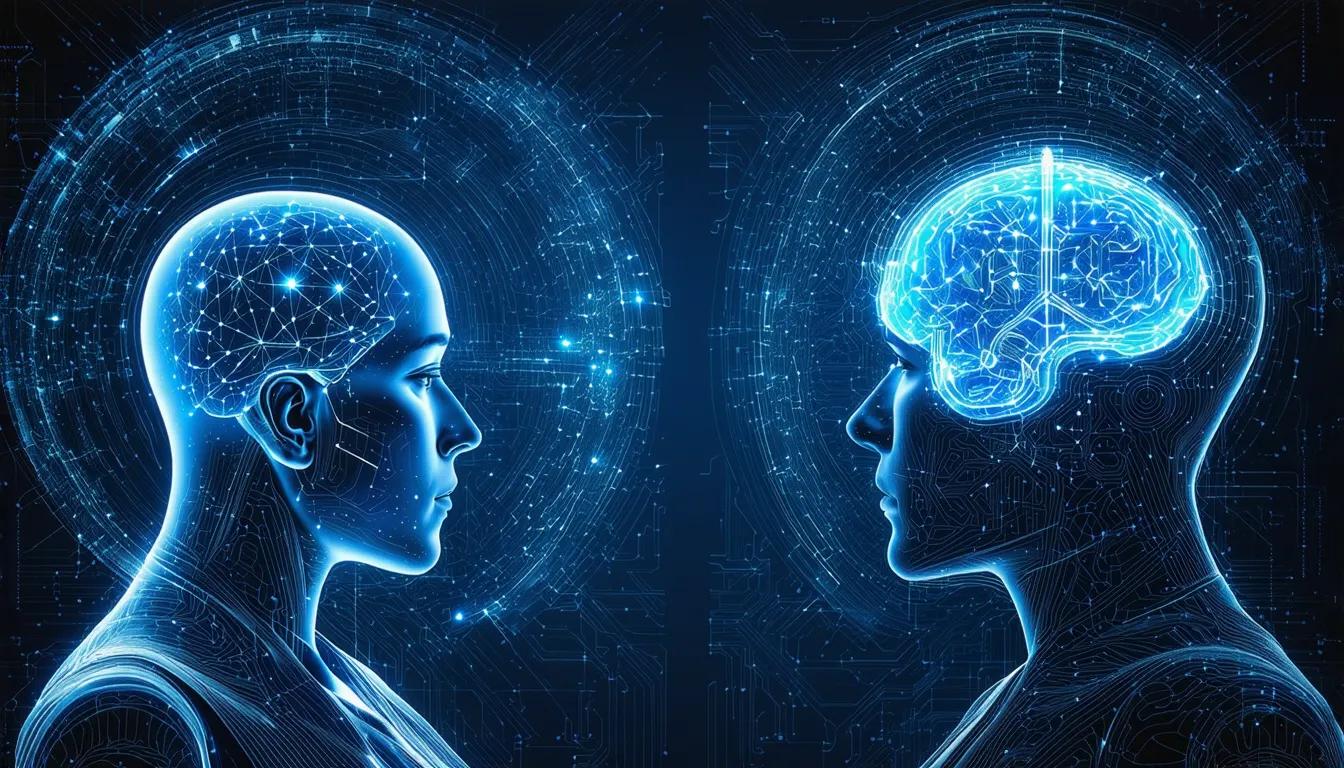May 20, 2024|6 min reading
Artificial Intelligence For Dummies – A Beginner's Guide

Artificial Intelligence (AI) is a term that has been buzzing around for years, yet its true meaning often remains elusive. This guide aims to demystify AI, explain its significance, and explore its potential impact on our lives.
What is Artificial Intelligence?
Artificial Intelligence, often abbreviated as AI, refers to the simulation of human intelligence in machines. These machines are programmed to mimic human thought processes and learn from experiences. Despite its name, AI doesn't imply an actual human-like consciousness but rather the ability of a machine to perform tasks that typically require human intelligence.
A Brief History of Artificial Intelligence
The concept of AI dates back to the early 1950s. Visionaries like John Von Neumann and Alan Turing laid the groundwork for modern computing, leading to the birth of AI. The term "artificial intelligence" was coined in 1956 during a workshop organized by John McCarthy and Marvin Minsky, which sought to explore the potential of machines in mimicking human capabilities.
Key Milestones
- 1956: Term "Artificial Intelligence" is coined.
- 1970s: Marvin Minsky predicts machines will achieve human-level intelligence in a few years.
- 1997: IBM's Deep Blue defeats world chess champion Garry Kasparov.
- 2011: IBM's Watson wins "Jeopardy", showcasing advanced language processing.
Key Developments in Artificial Intelligence
AI has achieved several significant milestones over the decades. From beating chess champions to mastering complex language games, AI has continually pushed the boundaries of what machines can do.
Notable Achievements
- Deep Blue: IBM's chess-playing program that defeated Garry Kasparov in 1997.
- Speech Recognition: Integrated into Microsoft's Windows in the late 1990s.
- Watson: IBM's AI that won "Jeopardy" in 2011, defeating human champions.
How AI Works: Simplified Explanation
AI systems rely on algorithms that process large amounts of data to make decisions. These systems can be designed for various tasks, from simple pattern recognition to complex problem-solving.
Example: AI in Hiring
Consider an AI system designed to screen job applications. By analyzing past successful and unsuccessful applications, the AI can learn what qualifications and experiences predict success. It then applies these criteria to new applications, selecting the most promising candidates.
The Good and Bad of Artificial Intelligence
Benefits
- Efficiency: AI can handle repetitive tasks efficiently.
- Accuracy: AI systems can reduce human error in decision-making.
- Innovation: AI drives technological advancements in various fields.
Drawbacks
- Bias: AI systems can inherit biases present in their training data.
- Transparency: The decision-making process of AI can be opaque, known as the "black box" problem.
- Ethical Concerns: The use of AI raises questions about privacy, autonomy, and control.
AI in Everyday Life
AI is now integrated into many aspects of our daily lives. From virtual assistants like Siri and Alexa to recommendation algorithms on Netflix and Amazon, AI helps personalize our experiences and streamline our tasks.
Real-World Applications
- Virtual Assistants: AI-powered assistants help manage schedules and answer queries.
- Loan Approvals: AI systems assess creditworthiness for financial institutions.
- Education: AI tools can personalize learning experiences and even grade assignments.
The Future of Artificial Intelligence
As AI continues to evolve, its applications will expand across various sectors. However, it is crucial to ensure that these advancements benefit everyone and do not compromise fundamental rights.
Ensuring Ethical AI
- Independent Audits: Regular checks to ensure AI systems are fair and unbiased.
- Transparency: Making AI decision-making processes understandable to users.
- Regulation: Developing laws to govern the ethical use of AI.
Conclusion
Artificial Intelligence is a rapidly evolving field with the potential to transform our world. By understanding its basics, history, and current applications, we can better navigate the complexities of this technology and ensure it serves humanity positively.
Support Our Work
Knowledge is power. Your contribution helps us create more informative content. Support us by donating and help us stand up for our rights in the age of AI.
Donate Now:
- One-Off: 10€, 20€, 35€, Custom Amount
- Monthly: 10€, 20€, 35€, Custom Amount
Stay Informed
Subscribe to our newsletter to stay updated on the latest developments in AI and its impact on our rights.
Subscribe: [Your E-mail]
By subscribing, you agree to our Terms of Use and Privacy Policy.
More Stories
- Packed With Loopholes: Why the AI Act Fails to Protect Civic Space and the Rule of Law
- European Commission Must Uphold Transparency in Drafting Rules to Combat Child Abuse
- The AI Act Must Protect the Rule of Law
Your support matters. Join us in our mission to ensure AI technology respects human rights and serves the greater good.
Donate Today: Help us continue our work in protecting civil liberties in the age of AI.
Explore more

Elon Musk’s Vision: AI, Mars, and a Future of Abundance
Explore Elon Musk’s predictions on AI, Tesla’s Robotaxi plans, Starship’s Mars mission, and the role of robots in a futu...

Unlocking the Future: The Revolutionary Potential of Brain Image Reconstruction Technology
Discover how brain image reconstruction technology is pushing the boundaries of science and art by decoding thoughts int...

Can Artificial Intelligence Replace Human Intelligence?
Exploring the capabilities and limitations of AI in comparison to human intelligence.
